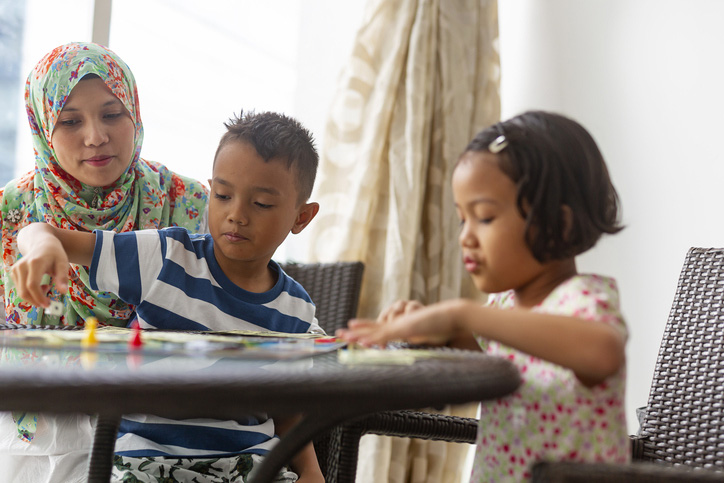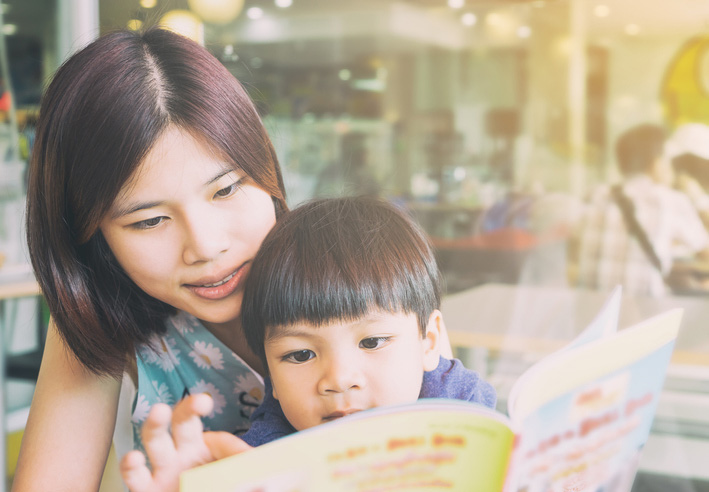Families For Life | How to Teach Your Child Social Skills in a Time of Social Distancing
For the little ones growing up in the pandemic, social distancing regulations and limits on gatherings have meant that there are hardly any playdates and birthday parties with their pals. Time spent playing outdoors has been greatly reduced. COVID-19 is not only a game changer, but also literally a game killer sometimes.
Such killjoys could stunt children’s social and emotional development. Kids learn how to regulate their emotions, cope with challenges, make decisions and empathise with others when they spend time with their friends.
But parents need not fret. The good news is that children are way more resilient and adaptable than we give them credit for. And time spent at home with parents, siblings, or even alone, can be valuable too.
Here are some fun ways you can practice social skills at home with junior.
1. Play Turn-Taking Games

It may sound simple, but the practice of taking turns involves social and emotional skills. Children learn to wait patiently and listen, keep their desire to be noticed in check, and work in a team. A simple game you can play is to take turns stacking blocks to build a tower. Explain the rules of waiting for one’s turn clearly. This will help children develop the vocabulary to solve problems. Who says waiting is boring?
2. Let Them Help You with Housechores

When children participate in housechores, they learn about pitching in, working in a team and taking ownership. Pick something suitable for your child’s age and ability. Younger children can help to pick up toys, or set placemats on the table. For older children, get them involved in preparing meals as you guide them. They can help you to mash potatoes, peel hardboiled eggs and sprinkle toppings on pizza. You may groom the next MasterChef Junior.
3. Engage with Them in Dramatic Pretend Play

There is a lot going on when kids engage in dramatic pretend play. Be it hopping around the house like bunnies, or tending to a stuffed bear as if it was sick, such imagination-driven play helps children experiment with the social and emotional roles in life. They learn to put themselves in someone else’s shoes and consider situations from a perspective other than their own, which are essential to cultivating empathy. So the next time you see your child playing pretend, join in and have fun with them…or at least pretend to be!
4. Learn with Stories

Stories are a great way to help children make sense of the world and pick up social skills and values. Pick a book with values and ideas that you want to talk about. Ask your child discussion questions as you move through the story. Encourage them to think about what they would do if they were the characters in the book and ask them how they would feel if they had to go through the same experience. You can also point out the body language and expressions of the different characters in the book and get your child to guess what the character is feeling.